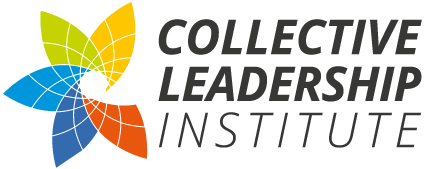This Index examines the policies and social patterns of individual countries in relation to partnership and dominance models. Observing and tracking such developments globally is key for larger sustainability transformation efforts: The orientation of a society based on partnership principles and the development of sustainable action in a society are mutually dependent. The Index is based on CLIs Transformation Enablers that orient large scale transformation efforts.
The data collected is a combination of
- Aspects and measures on partnerships that can be directly influenced by the countries’ decision-makers;
- Other indices that can only be influenced indirectly, which means the Partnership Index is also partially a meta-index, and
- Dominance factors that counteract partnership aspects in that country
Who is behind the Global Partnership Index?
CLI and freely available indices, such as the OECD Better Life Index or the World Democracy index.
Is the information provided for free?
The basic version is free, for details please register in the CLI network with your email address by signing up to the newsletter.
What is the methodology behind the Global Partnership Index?
The Index is a meta index that combines exiting data collection from available indices as well as tailored measurements aspects based on CLIs Transformation Enablers.
How can I become an expert?
In order to contribute to the Index’ data collection, you have to be proficient in the CLI methodology as a CLI Specialist.
In which languages is the Global Partnership Index available?
The Index is in English only for now.
How regularwill the Index be updated?
The Index will be updated annually.
How many countries does the Global Partnership Index represent?
So far the Index has information collected on six countries, but more are to come.
How does CLI deal with disputed territories?
We orient ourselves at the position of the United Nations, but reserve the right to our own definitions. In any given case, we will clearly mark disputed territories.
Copyights
This work is licensed under a Creative Commons Attribution-NonCommercial-NoDerivatives 4.0 International License.
Sign up below for our newsletter!

